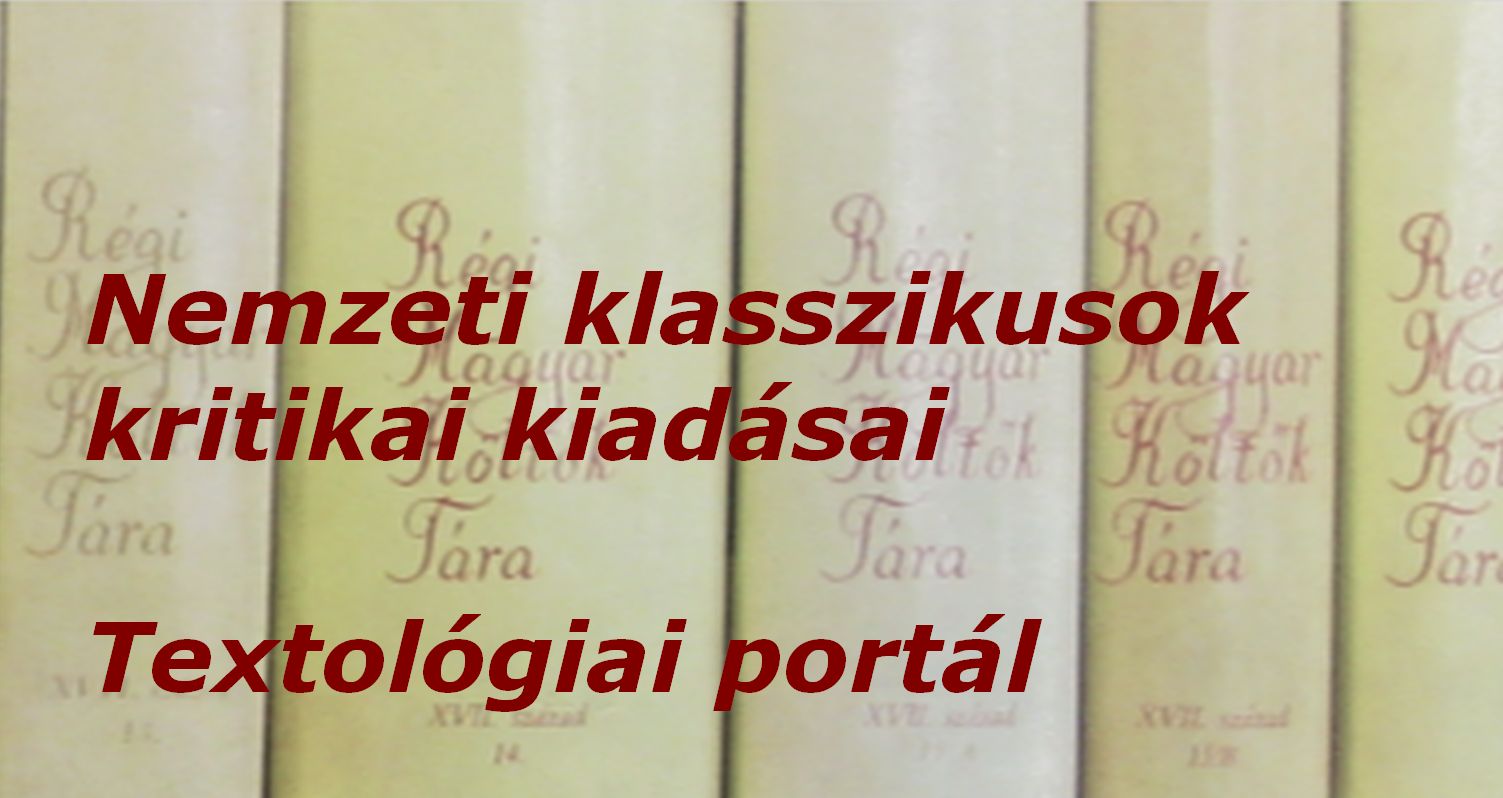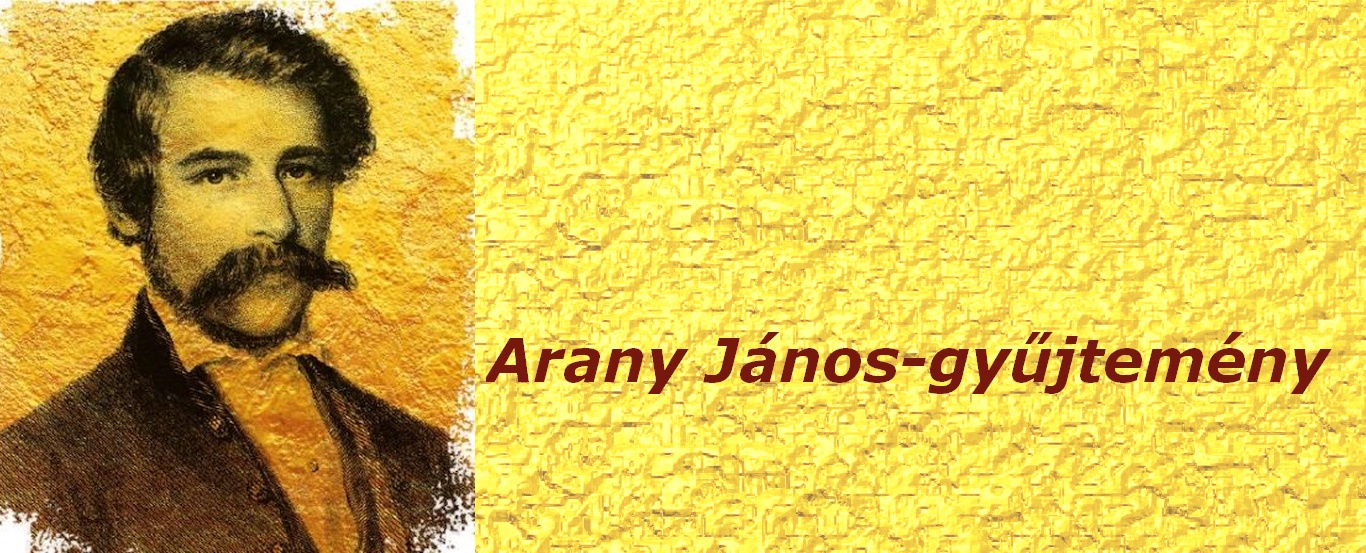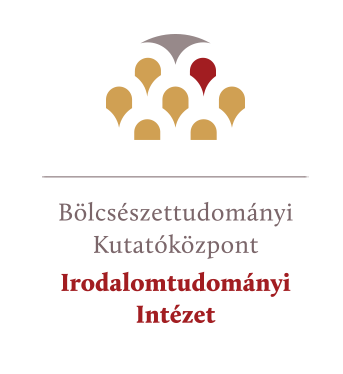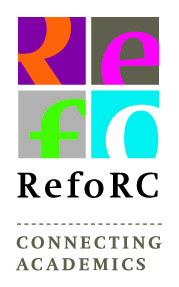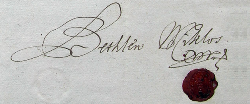Az MTA BTK Irodalomtudományi Intézet Irodalomelméleti Osztálya 2019 januárjában nemzetközi konferenciát szervez – ez a negyedik a narratológiai konferenciák sorában.
A konferencia tárgya: a kezdet – az elbeszélő művek kezdése, bevezetése, első szavai, mondatai, részei; hogyan határozzák meg ezek a további szövegrészeket, az elbeszélő mű egészét, a narrációt, az időt, a teret és a művek egyéb sajátosságait – ezek lesznek a konferencia fő kérdései.
A konferencia nyelve angol és magyar.
Az itt közölt és letölthető angol nyelvű első konferenciafelhívás figyelemfelhívó körlevél – a jelentkezéseket és a tervezett előadások rövid összefoglalóit a szervezők később várják, az időpontról újabb hírben értesülhetnek majd az érdeklődők.
---------------------------------------------------------------------------------------------------------
En arche
Re-reading the Beginning of Narrative Texts
The vocabulary of first things seems to be second to none. Just consider the following statement:
An inceptive, primordial, primeval introduction to the archetypical, original and inaugural opening of the initial, embryonic commencement of the earliest inchoate beginning ab ovo predetermined has been unprecedented from the start.
The statement as one of the possible preambles to our conference offers a number of avenues and directions to proceed. It leads, at the same time, to quite a few questions.
Is it somehow true that the way things start is significantly more than just a chance episode in any sequence of events? Is it true that the way things end is necessarily encoded in the way they begin? Can we say that, through various states and processes, the study of history is nothing but the reverse engineering of effect and cause back to a founding event? Has everything been predetermined? Or are there alternative possibilites of unfolding of any state of affairs? Is any situation, however primary, inherently ambiguous, teeming with different scenarios?
Is the apparent focus on beginning just a misleading feature of certain explanatory strategies, brought about by an undue, unfortunate and misplaced emphasis on some aspects of the interconnected nature of things?
Do the beginning of a narrative text and the beginning of the story narrated in the text shape each other? Are they of equal importance? If not, which will dominate the other? What does the arrangement of the episodes say about the story narrated? What counts as a true beginning if there is, in the narrative, not one central character but more than one protagonist?
*
Submissions discussing the beginning of narrative texts from a narratological point of view are welcome. As an answer to this first circular you may indicate your intention to attend the conference, and start a discussion about the possible directions of the conference. This may or may not mean the submission of an abstract in this early phase of organization.
*
The conference will take place January 29–30, 2019. Papers can be presented in English or Hungarian.
György C. Kálmán Péter Hajdu
Ez az e-mail-cím a szpemrobotok elleni védelem alatt áll. Megtekintéséhez engedélyeznie kell a JavaScript használatát. Ez az e-mail-cím a szpemrobotok elleni védelem alatt áll. Megtekintéséhez engedélyeznie kell a JavaScript használatát.
*
Selected bibliography
Allen, Roger. 1986. “Beginning and Ending: Aspects of Technique in the Modern Arabic Short Story.” World Literature Today 60:199–206.
Backus, Joseph M. 1965. “He Came Into Her Line of Vision Walking Backward’: Nonsequential Sequence-Signals in Short Story Openings.” Language and Learning 15:67–83.
Bennett, James. R. 1976. “Beginning and Ending: A Bibliography.” Style 10: 184–88.
Blaise, Clark. 1975. “To Begin, To Begin.” Fiction International 4/5:5–8.
Bonheim, Helmut. 1982. “How Stories Begin: Devices of Exposition in 600 English, American and Canadian Stories.” REAL: The Yearbook of Research in English and American Literature 1:191–226.
Bossong, Georg. 1984. “Zur Linguistik des Textanfangs in der französischen Erzählliteratur.” Zeitschrift für Französische Sprache und Literatur 94:1–24.
Bredsdorff, Elias. 1982. “Beginnings in Traditional Folk Tales and in C. C. Andersen’s Eventyr.” Scandinavica 21:5–15.
Carter, Ronald. 1987. “The Placing of Names: Sequencing in Narrative Openings.” Leeds Studies in English 18:89–100.
Fischer, Andreas. 1988. “How to Create a World: Beginnings in Fiction.” Bulletin de la Commission Interuniversitaire Suisse de Linguistique Appliquée 48:29–44.
Hume, K. 1973. “Beginnings and Endings in the Icelandic Family Sagas.” Modern Language Review 68:593–606.
Perry, Menakhem. 1979. “Literary Dynamics: How the Order of a Text Creates its Meaning.” Poetics Today 1:35–64, 311–61.
Pope, Robert. 1982. “Beginnings.” Georgia Review 36:733–51.
Said, Edward. 1975. Beginnings: Intention and Method. New York: Basic Books.
St. Pierre, Paul M. 1978. “Coterminus Beginnings.” Pp. 99–107 in Patrick White: A Critical Symposium. Ed. Ron Shepherd. Adelaide: Center for Research in the New Lits. in English.
Vidan, Ivo. 1984. “Anfange im fin de siècle.” Neohelicon 11:81–99.
Watson, George. 1978. “The Sense of a Beginning.” Sewanee Review 86:539–48.
Weber, Edgard. 1984. “Situation initiale et situation finale dans quelques contes des Mille et une nuits.” Littératures 11:65–73.
Whitlock, Baird W. 1985. From These Beginnings: Openings of Fifty Major Literary Works. New York: Schocken.



